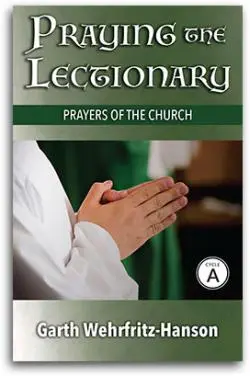A Celtic Blessing
August 30, 2008 Leave a comment
A Celtic Blessing
Celtic Christianity has witnessed a revival of sorts around the globe over the past decade or two. It has become rather trendy and perhaps a tad over-commercialized; as if it were the panacea of Christendom and the antidote to post-modernism. However, one would be foolish to throw the baby out with the bathwater. There are, with the gift of discernment, many treasures within Celtic Christianity that nurture our lives and faith today. For example, from Celtic Daily Prayer: A Northumbrian Office, in my 1994 edition on page 18 of the Midday Prayer, there is this wonderful Blessing:
“Let nothing disturb thee,
Nothing affright thee;
All things are passing,
God never changeth!
Patient endurance attaineth
To all things;
Who God possesseth
In nothing is wanting;
Alone God sufficeth.”
These words of blessing especially speak to me when I am agitated and irritable; when I’m struggling with doubts and anxiety is weighing me down; then these words wash over me like spring waters and clean mountain air. Moreover, the words are a fresh reminder to “Let God be God,” to, by God’s grace, honour and keep the First and Greatest Commandment.
By the way, the Northumbria Community has a web site I’ve discovered here, where you can access their Daily Offices.
Gentle readers, do you find certain Blessings or Prayers edifying? Do they renew and refresh you in your faith and life journey? Feel free to share them here with me and others who visit my blog.






Recent Comments